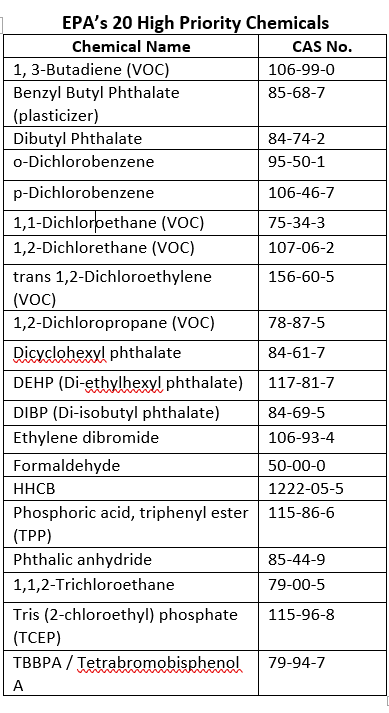By Madison Dapcevich
As the world suffocates from its plastic addiction, a growing number of businesses are stepping up to the plate to reduce their plastic waste. Most recently, Trader Joe's announced that it will be taking steps to cut back on plastic and other packaging waste after a petition launched by Greenpeace harnessed nearly 100,000 signatures.
At the end of last year, the company announced several improvements geared towards making packaging more sustainable in an effort to eliminate more than 1 million pounds of plastic from stores. Already, the retailer has stopped offering single-use plastic carryout bags nationwide and is replacing plastic produce bags and Styrofoam meat trays with biodegradable and compostable options.
"As a neighborhood grocery store, we feel it is important for us to be the great neighbor our customers deserve. Part of that means better managing our environmental impact," Kenya Friend-Daniel, public relations director for Trader Joe's, told EcoWatch in an email. "As we recently shared with our customers, we are working to reduce the amount of packaging in our stores and while we have made a number of positive changes in this space, the world is ongoing."
Each year, enough plastic is thrown away to circle the earth a whopping four times. Despite that, just one-quarter of plastics produced in the U.S. is recycled even though recycling plastic takes 88 percent less energy than making it from raw materials. If just three-quarters of plastics were recycled, the Recycling Coalition of Utah says people could save an estimated 1 billion gallons of oil and 44 million cubic yards of landfill space annually.
"Every minute of every single day the equivalent of a truckload of plastic enters our oceans. Not only are these plastics hurting or killing marine animals, they are impacting all of us through our seafood, sea salt, tap water, and even the air we breathe," Greenpeace U.S.A. plastics campaigner David Pinsky told EcoWatch. "We know that we can't recycle our way out of this crisis, as only 9 percent of the plastics ever made have actually been recycled."
In recent years, a number of companies have taken the lead in reducing plastic waste, including United Kingdom food retailer A.S.D.A., who plans to remove single-use cups and cutlery this year. McDonald's says that 100 percent of its packaging will come from renewable, recycled or certified sustainable sources within the next seven years while water company Evian plans to go carbon neutral and plastic free by 2020. It's a solid start in battling the so-called "war on plastics," one that Trader Joe's says is just a small part of its "never-ending work."
Indeed, plastic has been found on every continent – including Antarctica – and at the bottom of the world's deepest waters.
"For far too long, corporations have deflected blame and made the issue of plastics about individual responsibility, but it's time for the world's largest corporations and retailers to show some accountability. The only way we are going to tackle this crisis is by pressuring corporations and governments to move away from throwaway plastics for good, and toward systems of reuse," said Pinsky.
